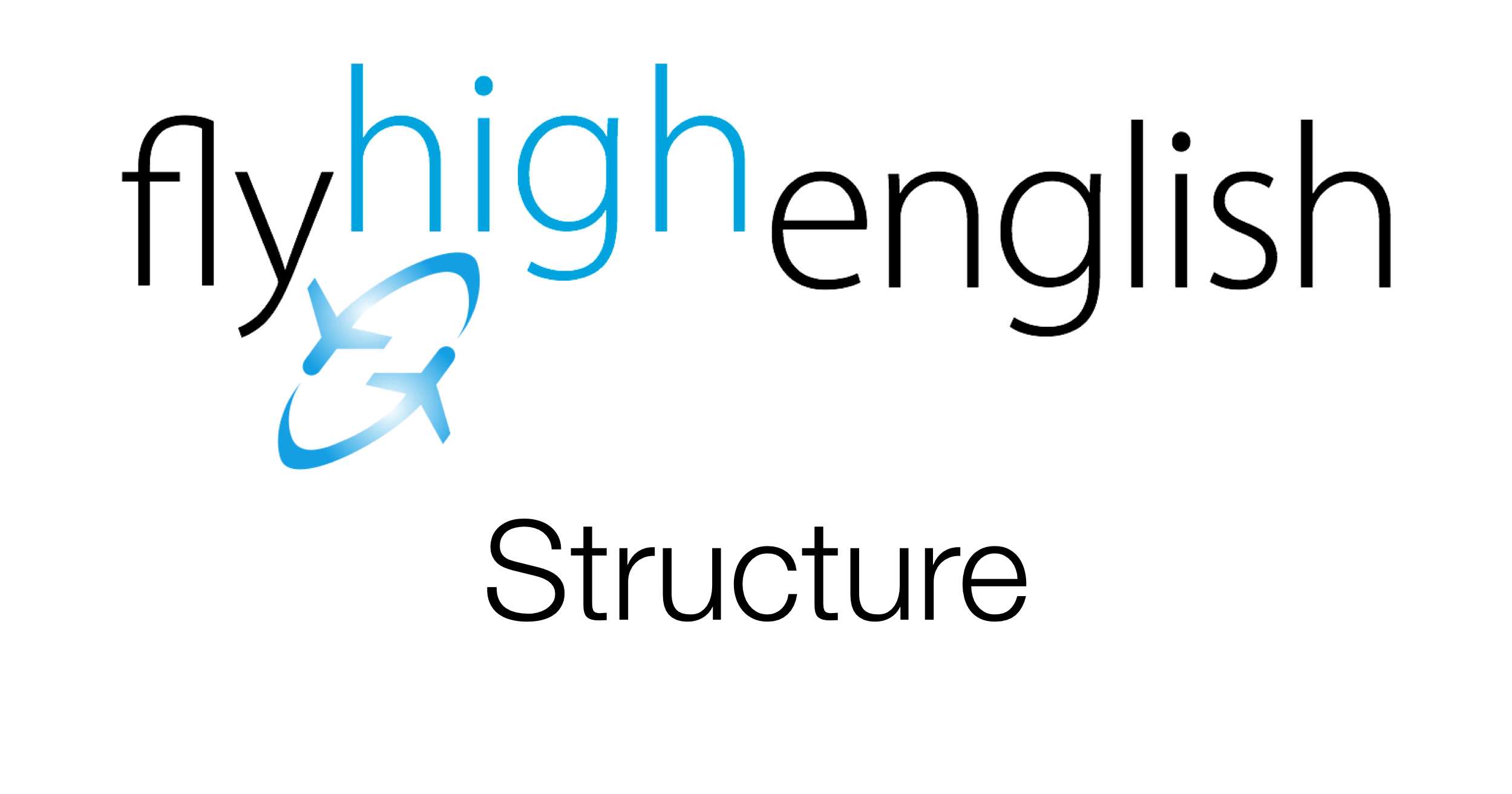
How to conjugate the present simple
There is a way to conjugate all of our normal verbs and a different way for the verb ‘be’, which is irregular.
Conjugating normal verbs
Normal verbs have two forms in the present simple.
- I / you / we / they fly…
- he / she / it flies…
Tip: The ‘he / she / it’ form in the present simple positive is always different and usually has an ‘s’ at the end.
- I / you / we / they work…
- he / she / it works…
Conjugating normal verbs in negatives
To conjugate normal verb in the present simple negative we need to use the auxiliary verb ‘do’. Think of an auxiliary verb as an extra verb we use for certain things. In this situation we use ‘do’ to indicate a negative and a question.
- I / you / we / they don’t work…
- he / she / it doesn’t work…
- (we use ‘do’ in the correct form and ‘work’ as an infinitive without ‘to’.
Conjugating normal verbs as questions
Again we need to use the auxiliary verb ‘do’. Because this isn’t a negative we don’t use a negative form. Also be careful with the position of the verb do. We use it before the subject (I / you / we / they / he / she / it)
- Do I / you / we / they work…?
- Does he / she / it work…?
Conjugating the verb ‘be’
The verb ‘be’ is very common but it is different than our normal verbs when we conjugate it.
- I am…
- You are…
- He / she / it is…
- We / you / they are…
Conjugating the verb ‘be’ in negatives
- I’m not…
- You aren’t…
- He / she / it isn’t…
- We / you / they aren’t…
Conjugating the verb ‘be’ as questions
To conjugate the verb ‘be’ as a question we change the order of a positive statement.
- Am I…?
- Are you…?
- Is he / she / it…?
- Are we / you / they…?
Look at our diagram below for a summary and then practice some more sentences yourself.
Follow us on Twitter here or Facebook here for more great content!

